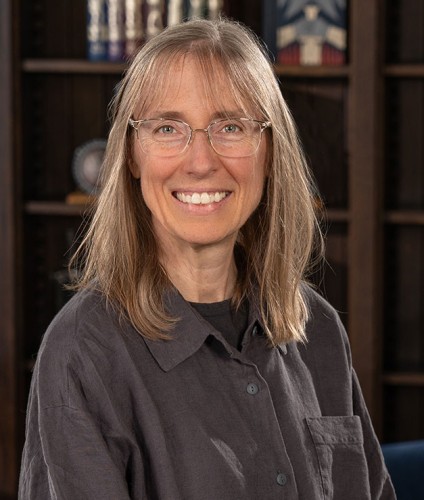
"My research is in the philosophy of explanation and understanding, as considered from the pragmatic perspective within the philosophy of science (van Fraassen, Achinstein). I am interested in current work on explanation in cognitive science (Lombrozo, Gopnik) and in the transmission of understanding as an alternative to the philosophical project of justification, in light of Pyrrhonian-style failures. Other research interests include: experimental philosophy; the Humean and Rortyan senses of contingency; Arthur Fine's NOA; Hacking's styles of reasoning; the ethics of care; and the scholarship of teaching and learning.
"Recently, I have been exploring alternative methodologies in order to think about how one might work, authentically, as a naturalist philosopher and, more broadly, how empirical data might work to constrain a possibility space. I co-authored an experimental study with cognitive scientist Seth Chin-Parker (Denison), which suggests that different backgrounds prime participants to generate different explanatory styles when responding to the same question; I conducted an x-phi study on Judith Jarvis Thomson’s violinist thought experiment; and I wrote up a qualitative study about my brother Jay Bradner’s work in chemical biology on open source drug development.
"I presently serve as the executive director of the American Association of Philosophy Teachers and formerly served on the Board of the American Philosophical Association as the chair of the APA Committee on the Teaching of Philosophy. In these roles, I work with committee members to help philosophers throughout the profession develop their teaching and to promote the teaching of philosophy as culturally, politically and socially vital. I self-identify, primarily, as a teacher of undergraduates and have more than eight years of teaching experience in the liberal arts college environment. I have been teaching undergraduates all told, i.e. at many different kinds of institutions, for more than 20 years and have just loved every minute of it. I regularly teach courses in philosophy of science, epistemology, philosophy of biology and metaphysics. Here at Kenyon, I will be teaching epistemology, philosophy of biology, bioethics, philosophy of science, philosophy of mind, metaphysics, introduction to philosophy, and logic.
"Plato writes in the Republic that 'education is the craft concerned with … turning around…. It isn’t the craft of putting sight into the soul.' This passage identifies education’s special super power — what the best philosophy courses can do for students — turn them around, spin them a bit, and leave them a little disoriented. After the course, when they go back into the 'cave,' they’ll question the oppressive ideologies that keep people in the dark by shining false lights. Though I work within the naturalistic tradition of Aristotle, rather than the rationalistic tradition of Plato, I have fully embraced Plato’s suggestion that philosophers should play an activist role in their societies (rather than remaining in Descartes’s sphere of reflection) once they have come to understand the aporetic limits of a priori dialectic. In this spirit, I have written several popular essays for Slate, The Atlantic and Salon on topics that matter to me: the effect of the wealth gap on educational opportunity, the media bullying of Appalachia, and the struggle to remain engaged as a parent while pursuing a career, among others."
Areas of Expertise
Philosophy of science/biology, epistemology/social epistemology, ethics of care, scholarship of teaching and learning.
Education
2005 — Doctor of Philosophy from Northwestern University
1996 — Master of Arts from Northwestern University
1993 — Master of Arts from University of Illinois- Urbana
1991 — Bachelor of Arts from Princeton University